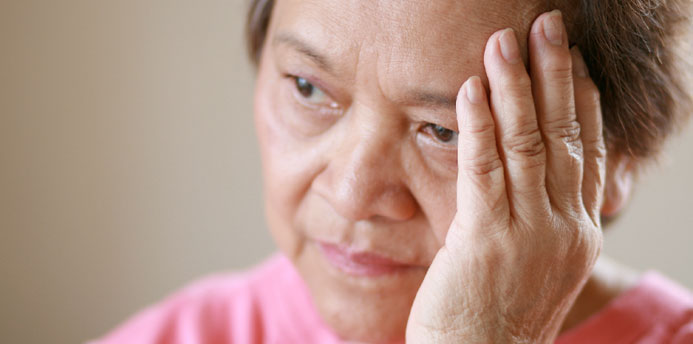Elder abuse is a horrific, little-discussed, heartbreaking crime that is all around us. Its potential victims are your parents and someday, perhaps, you.
A U.S. Senate committee estimates there are an astounding 5 million victims of various forms of elder abuse every year, while another government study suggests as many an 84 percent of the instances go unreported. As the population ages, the numbers are certain to grow.
Illinois officials estimate that as many as 80,000 state residents are victimized each year by some form of elder abuse.
Elder Abuse is defined by the federal government’s Administration on Aging as:
- Threatening to inflict physical pain or injury on a vulnerable elder
- Inflicting mental pain, anguish or distress through verbal and nonverbal acts
- Nonconsensual sexual contact of any kind
- Illegally taking, misusing or concealing funds, property or assets of a vulnerable elder
- Refusing or failing to provide food, shelter, health care or protection to an elder
- Deserting or abandoning a vulnerable elder by anyone who has assumed responsibility for the care or custody of that person
Typical victims tend to be women age 79 or older who suffer from mental or physical impairment and who are dependent on others for care, according to the Illinois Department on Aging.
“The most frequently reported is financial abuse, followed by emotional abuse and then neglect,” says Marilyn Vocker, director of Social Services for the North Shore Senior Center. Her staff of 12 plus several college students are responsible for investigating elder abuse in three northern Cook County townships.
“Our fear is what is not being reported,” says Nancy Vaccaro, director of Counseling Services for the Northbrook Police Department.
More often than not, family members are the abusers—particularly adult children—but spouses and caregivers are also responsible, according to the National Center on Elder Abuse.
Dependency is one of the reasons so few cases are reported, says Vaccaro. “If I turn in my son or daughter, what will happen to me?” people ask themselves. In cases of financial exploitation, victims are either too embarrassed to report the crime or are unaware of the loss.
That is what happened in the nationally watched case of the late philanthropist Brooke Astor who, while suffering from Alzheimer’s, had millions of dollars siphoned off by her son, who was convicted of 14 criminal offenses, including fraud and grand larceny.
The most common signs indicating an older person is being mistreated, according to the National Center on Elder Abuse, include:
- Bruises, pressure marks, broken bones, burns and abrasions
- Unexplained withdrawal from normal activities, depression, a sudden change in alertness
- Sudden, unexplained changes in finances
- Bedsores, unattended medical needs, poor hygiene, unusual weight loss
- Frequent argument with a caregiver, or strained and tense relationships
Here are several ways to confidentially report elder abuse:
Illinois Elder Abuse Hotline: 1-866-800-1409
Most local police departments have social workers on staff to handle calls
Find additional information in our Senior Care section of the Better List.

